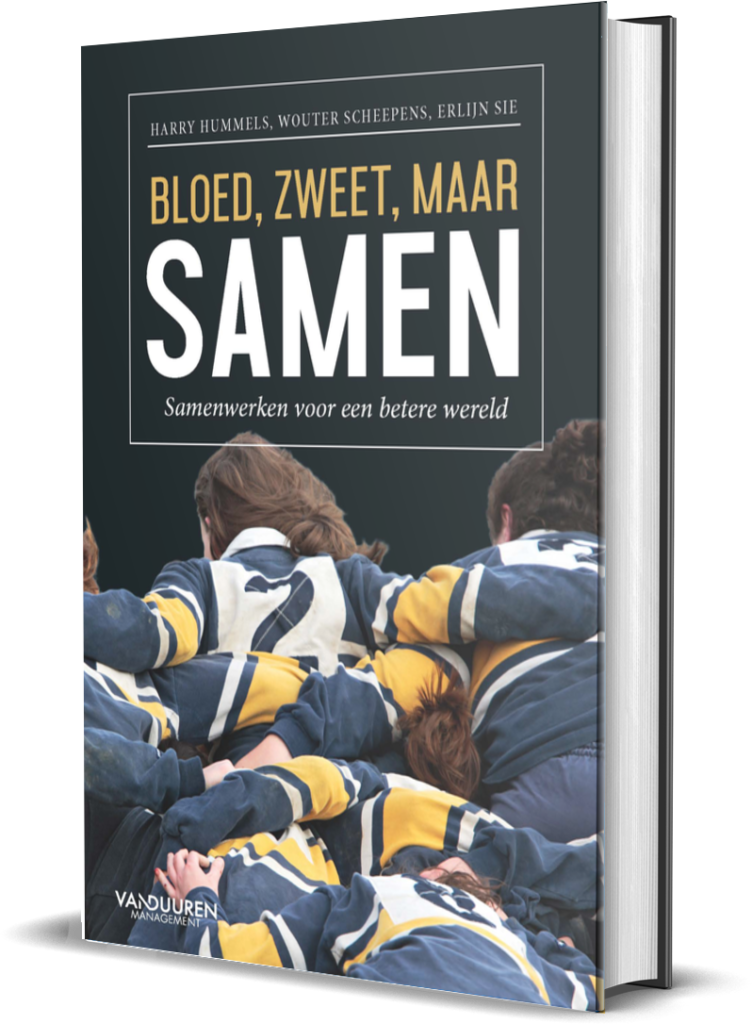
“Bloed, zweet, maar samen” (Blood, sweat, but together) shows the necessity for collaboration between business and social innovators, to jointly grow towards a world that is more inclusive, fair and sustainable. The book (2022) illustrates two types of collaboration, bi-lateral and multi-lateral ones, with many examples. Like Niaga, an amazing sustainable start-up with an idea to make carpet more durable. The entrepreneurs encountered barriers, they were unable to scale up the technology. The close collaboration with DSM, marked the development and production of the world’s first fully circular carpet. This is one of the many and diverse cases described in the book by Harry Hummels, Wouter Scheepens and Erlijn Sie.
In Dutch only. Click the image to learn more.
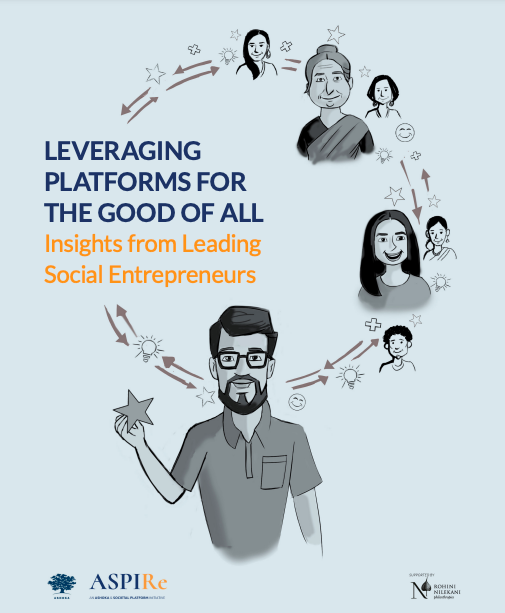
As a part of ASPIRe we conducted research on 14 different applications of platforms for the good of all, led by Ashoka Fellows around the world in key sectors, such as education, health and finance. After a thorough research of their models and a series of in-depth interviews with these social entrepreneurs, the paper “Leveraging platforms for the good of all” unveils learnings and patterns that are summarized in nine key design principles that define how platforms for good behave. ASPIRe is a global initiative from Ashoka exploring innovative ways in which social entrepreneurs can make systemic impact using platform thinking supported by technology.
This report is co-authored by Erlijn (2022). Click the image to learn more.

To live in today’s world, you need money; yet the majority of people do not have access to it. The formal financial system is taken for granted, but it also represents the barrier to financial inclusion. This book (published in 2021) highlights 13 game changers – social enterprises like Grameen, Aflatoun and Kiva – who are thinking outside of the box. These social innovators are acting on behalf of the excluded people that are unable to live their lives to the fullest. They revolutionize the financial sector by aiming for financial inclusion for all.
In analysing the innovative and inclusive solutions of these game changers, the book delivers vital lessons through a framework of five key levers for change in order to reimagine our financial system.
Curious? Click the links to order:
- The Netherlands & Belgium – Bol
- UK/Europe –Blackwell’s
- India/Asia – Amazon
You can either listen to the podcast of Lid Radio, one dedicated for MBA’s , or in conversation with insurtech leader Sabine van der Linden, to learn what to expect from the book. You can also read more about the five levers, as described in the leading Dialogue journal – dedicated on key issues and challenges encountered by business leaders and managers around the world-. Or tune in to one of my latest chats with the Social Innovation Circle. Alternatively, you could read a write-up for the FinTech Circle.
Or read some reviews to learn what others think: The HR Director, the Impact Investor.

How to begin… Reimagining Financial Inclusion
Are you sometimes tired out there in your home-office, feeling lonely and lost? Wishing you could start your working day with a smile and real urge to get to work, because it really matters? Pondering over another coffee, how to make your job, your team, your company more relevant to others? Then let’s go on a trip together!
When you go on a journey, you pack your bag before you go. What will you take? … Continue reading my blog.
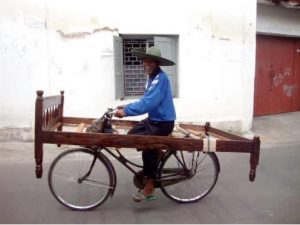
Reimagining Financial Inclusion, it’s just like biking!
I’m Dutch. Dutch people are known to be direct and the country itself is famous for its windmills and tulips. But above all, we’re well-known for biking. There are more bikes than people in our country. Since we’re on a trip together, sitting at the campfire, let me ask you a question: why do we, the Dutch, bike this much? As you know, biking is a healthy exercise, for both body and mind, and it’s an environmentally friendly way of travelling.Why do we, the Dutch people, bike this much? Not just because we know it’s healthy…
Continue reading my blog.
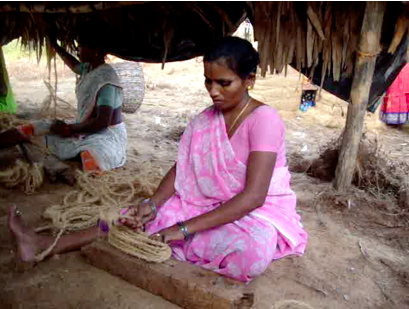
Financial Inclusion, it’s a long-distance group journey
In this part of the trip we’ll focus on the togetherness. Financial Inclusion is like a group travel. Why? Because it is not a single subject, it’s multifaceted. Most of the time, the excluded low-income families we aim to include are not just financially excluded… they are also lacking clean water, electricity, a toilet and they need to walk an hour to the nearest health facility. It requires an integrated approach to solving that issue, building many partnerships, a whole eco-system, to solve each aspect of that issue together. How? …
Continue reading my blog.
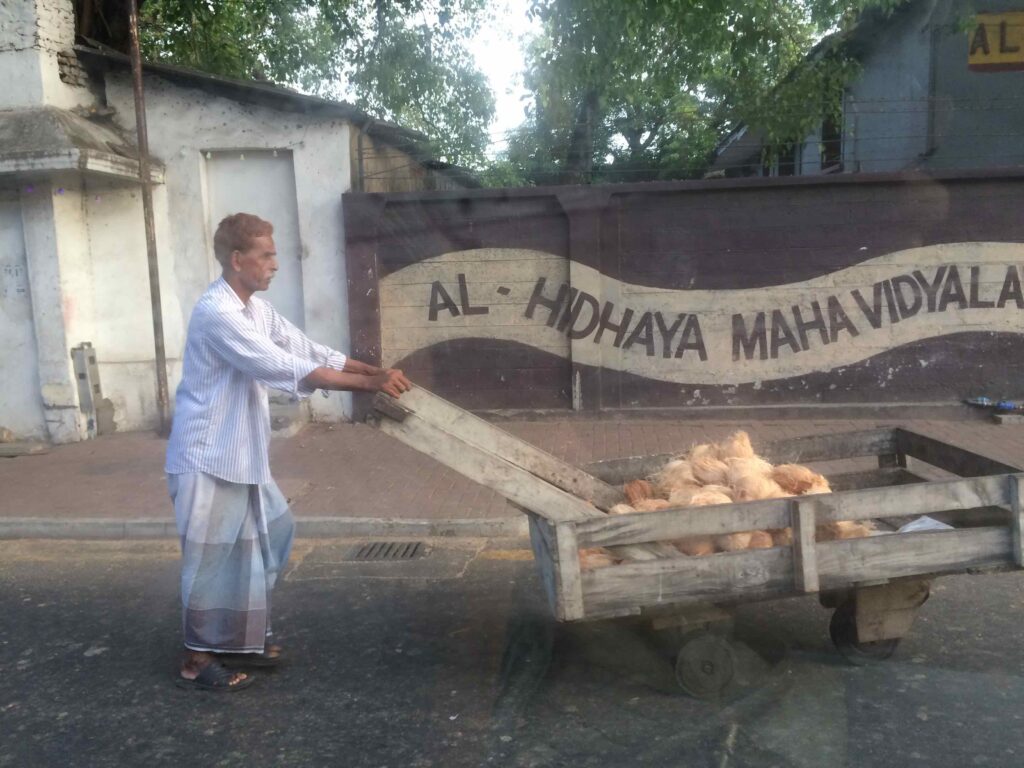
Micro-pension schemes – four phases of such a long-distance group journey
If you contribute to Financial Inclusion, and eye for the formal financial system to change, how then do you know you’re on track? Does your contribution still make sense, does your contribution make a difference? Should you up your game? It helps to compare your trip to the ones who’ve gone a similar route. Each phase demanding different inputs and roles to play. Here’s a treat to reflect: a joint journey to realise micro-pension schemes for non-salaried workers, in many countries across the world, aiming to eradicate old-age poverty.
Continue reading my blog.
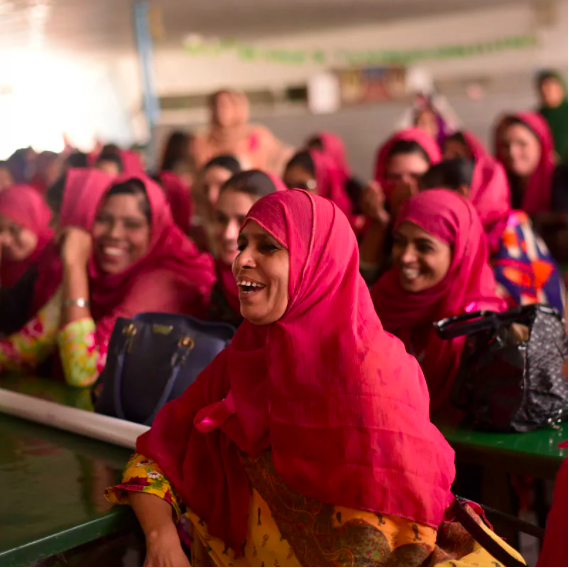
How big businesses can and should be driving Financial Inclusion
The invisible part of our global workforce, are the same people we need to financially include. It’s their hands producing jeans or assembling mobile telephones in the factory, their backs are being broken in the mines to dig gold used in laptops, their fingers are weaving the cloth supplying the ateliers for home accessories, or picking fruit and nuts for food or for processing in beauty products. Big businesses with their global supply chains depend heavily on the hard-working hands of the low-income people.With a growing demand for ethically sourced and sustainable products, there’s the opportunities to include them. How? Get inspired by exciting examples of Coca-Cola, Unilever and AB-Inbev.
Continue reading my blog.

Alternatively, here’s a short & sweet series of 10-minute podcasts to take away:
-1- discussing the latest Global Findex Database report and its important takeaways for businesses and leaders. Listen now
-2- discussing how the digital revolution has helped in the journey toward financial inclusion. Listen now
-3- discussing how business in the West can help in the journey of financial inclusion. Listen now